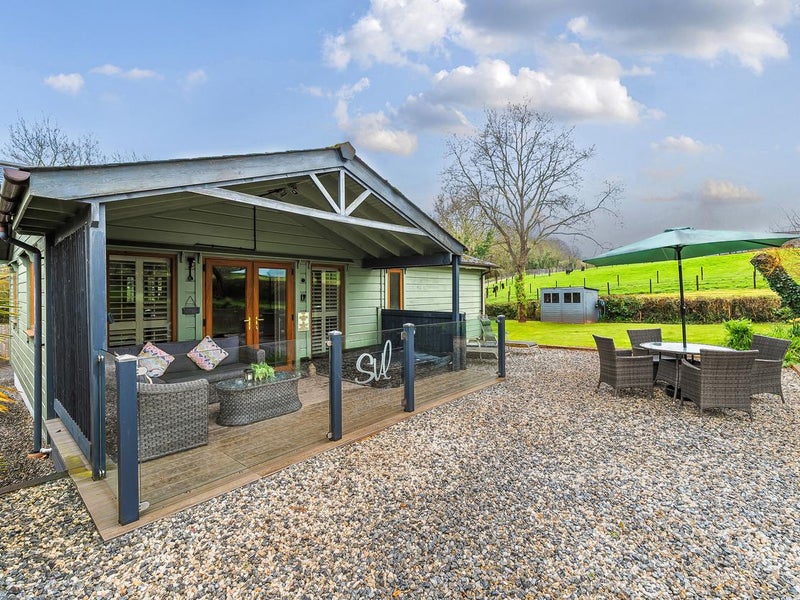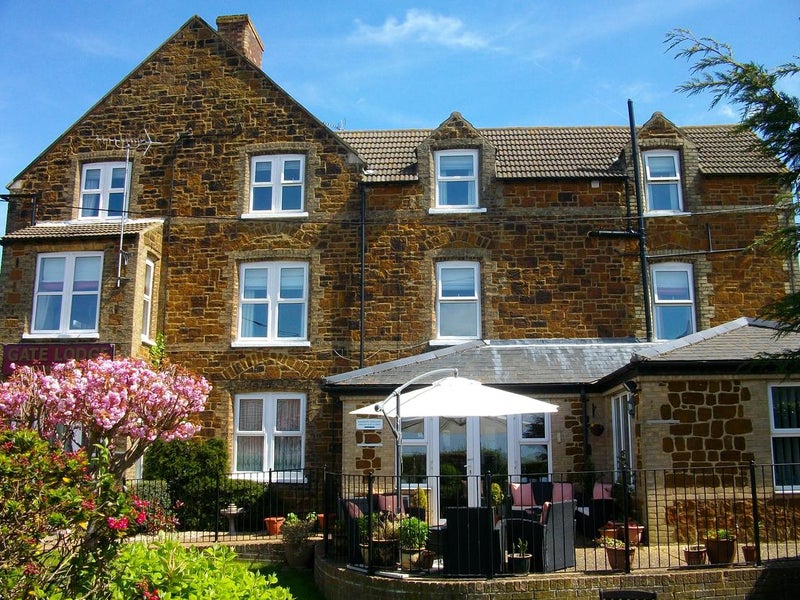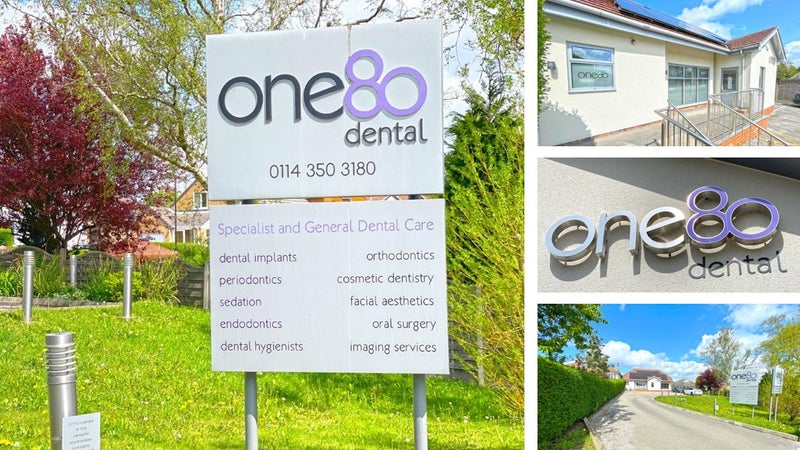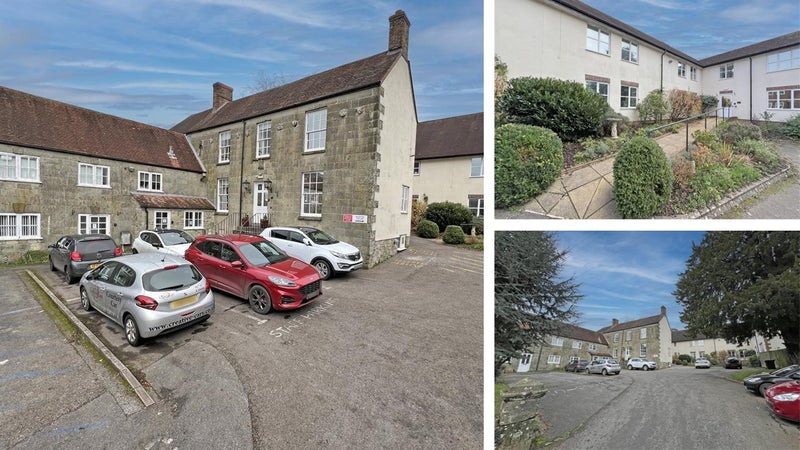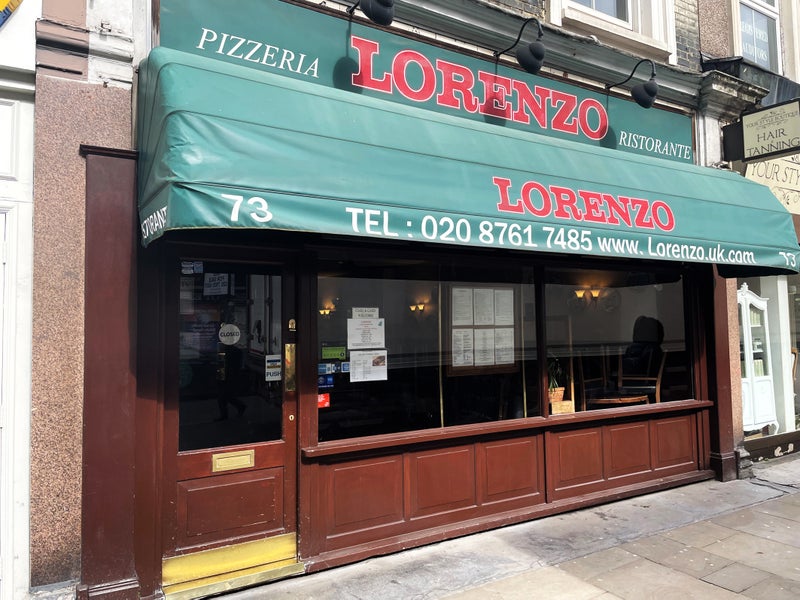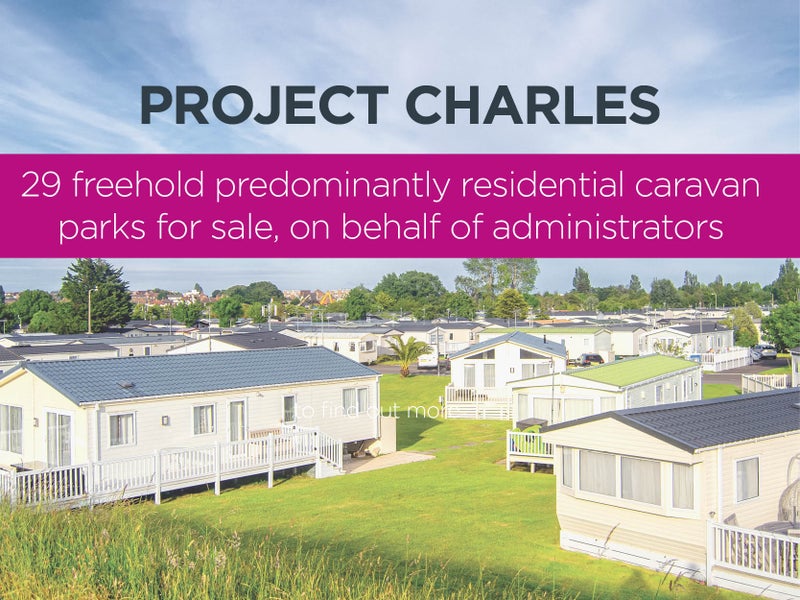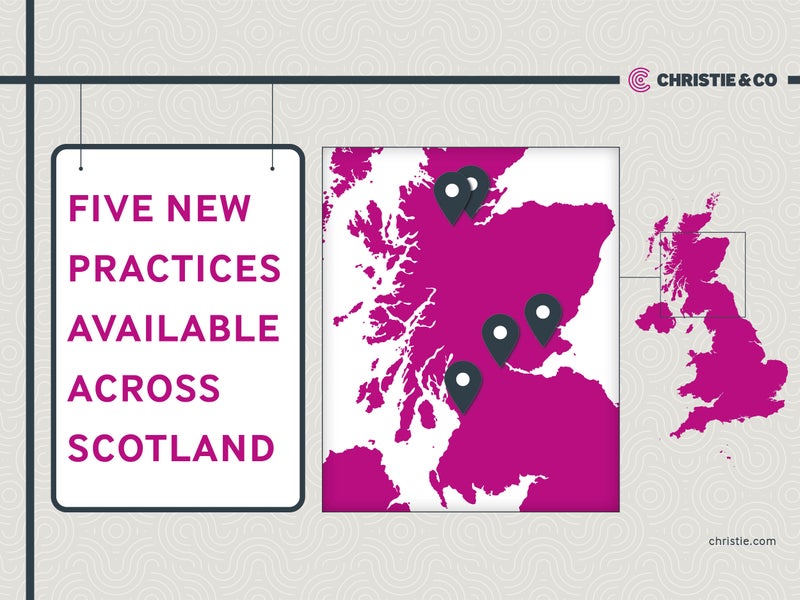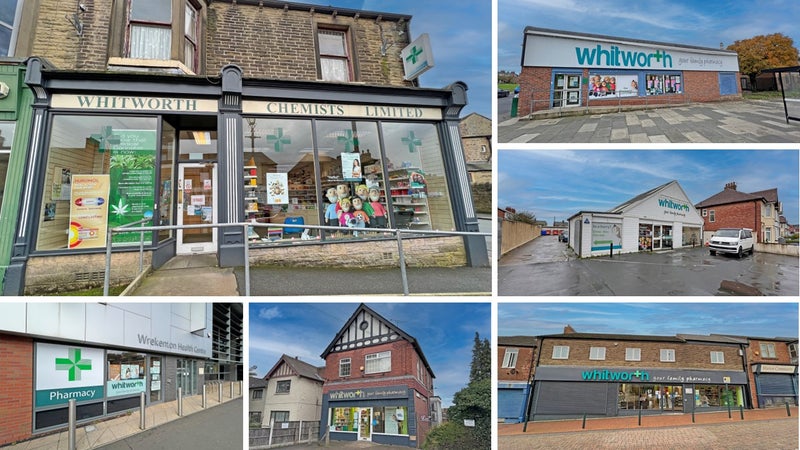How changes to business rates will impact the day nursery sector
This year brings further topics for day nursery owners to consider, not least the upcoming business rates revaluation.

During 2016, operational factors, notably the introduction of the National Living Wage, the commencement of 30 hours pilot schemes and workforce challenges, have been at the forefront of providers’ minds. And 2017 is no different, bringing its own things to consider.
Business rates are a local tax paid by occupiers of all non-domestic/business property. Rateable values (RVs) are assessed by the Valuation Office Agency (VOA) in England and Wales, and the Scottish Assessors Association (SAA) in Scotland. The amount payable will depend on the RV of the property, the uniform business rate and any rate relief schemes you may be eligible for.
The 2017 revaluation means that business rates bills will be calculated using new RVs from 1 April 2017. It will also see the introduction of a Check, Challenge and Appeal system.
Increased costs
A number of nursery groups and single-setting providers have reported substantial increases between their prevailing RV and the draft 2017 RV for their business property, as purposed by the VOA. Christie & Co has undertaken an initial analysis, based on a randomly selected sample of 50 day nurseries located between South East and North West England – thus trying to gain a potentially representative sample of the possible impact on business rates for nurseries across England.
In summary, all of the nurseries selected will see increases in relation to their RV. The aggregate RV for the settings has moved forward by circa £690,000, meaning an aggregate increase in rates payable of some £276,000, with the largest increase being £26,520 for an 80-place nursery in Berkshire, and the smallest £230, for a 65-place nursery in Milton Keynes.
Appeals process
Operators will be presented with the opportunity to challenge their RVs. Appeals processes are in place due to the ever-changing nature of the property market, and the nature of childcare business, meaning that RVs for day nurseries are not always correctly assessed.
As a further change, the DCLG is introducing an online service to allow rates payers to provide information about their property and check the process of their application. There will be a £300 fee for appeals that is refunded if the appeal is successful. The current system allows nursery owners to simply submit an appeal requesting that the RV is reduced to £1.
Discussions then take place with the relevant Valuation Office until the appeal is concluded as either withdrawn, agreed or determined via the court process. The new system of Check, Challenge and Appeal is designed to cut down on the number of appeals submitted that ultimately end up being withdrawn.
Essentially, this means that business owners can only submit an appeal with full and frank reasoning as to why the assessment is incorrect and must provide all the relevant information upfront, as well as a revised RV.
This will no doubt reduce the number of appeals in the system as the analytical research will need to be undertaken at the front end of the process, rather than in the middle and prior to any challenge. For those with multiple property holdings, a ‘blanket approach’ or an ‘appeals strategy’ will no longer be needed. Rather, a full due diligence process for each and every single property will be required, placing further emphasis on expert knowledge and an intimate understanding of how businesses work in order to identify incorrect assessments, which will benefit everyone involved in the process.
While rates payers can calculate their estimated liability for the first year of the new list on the Valuation Office website, nursery owners wondering how they will be affected should seek professional advice on how to best challenge and mitigate their business rates liability.









